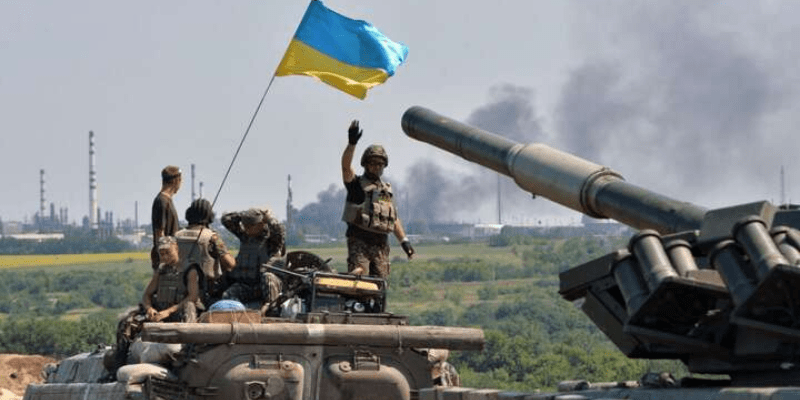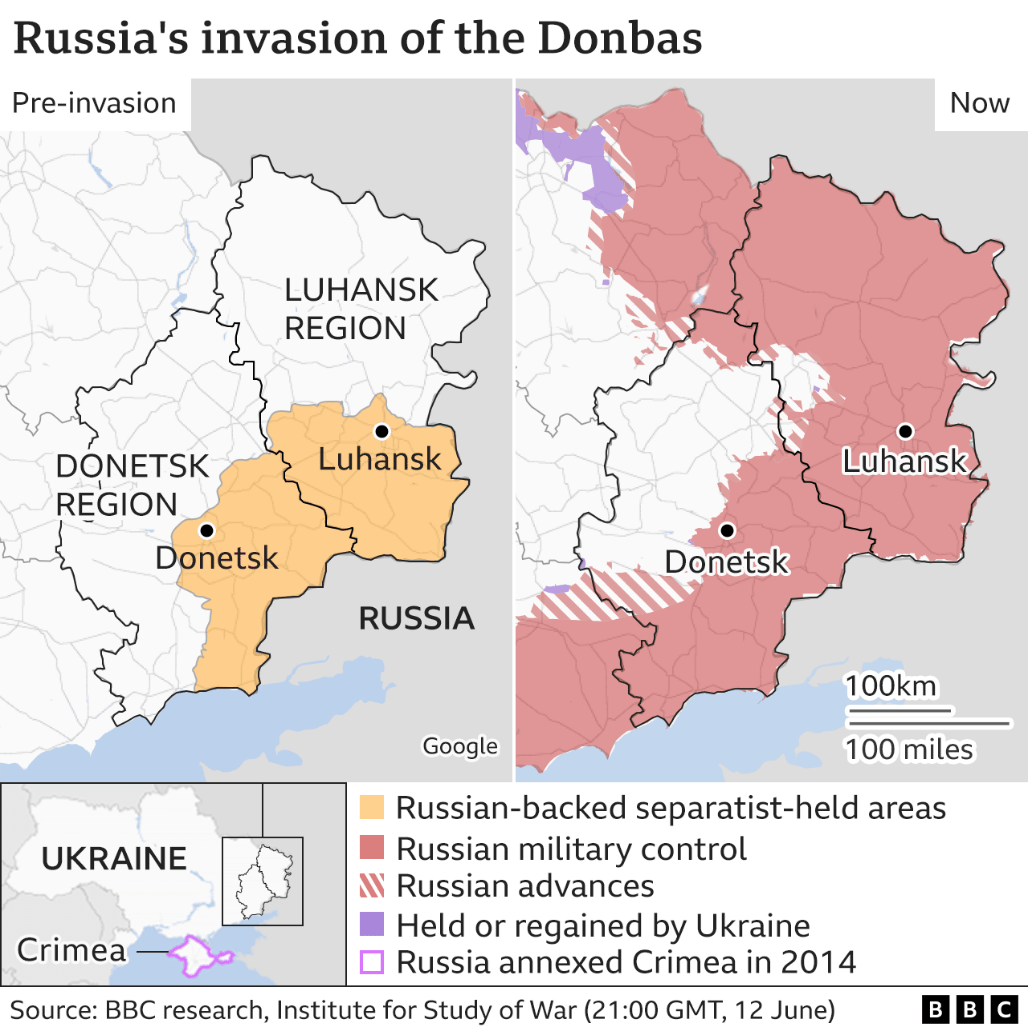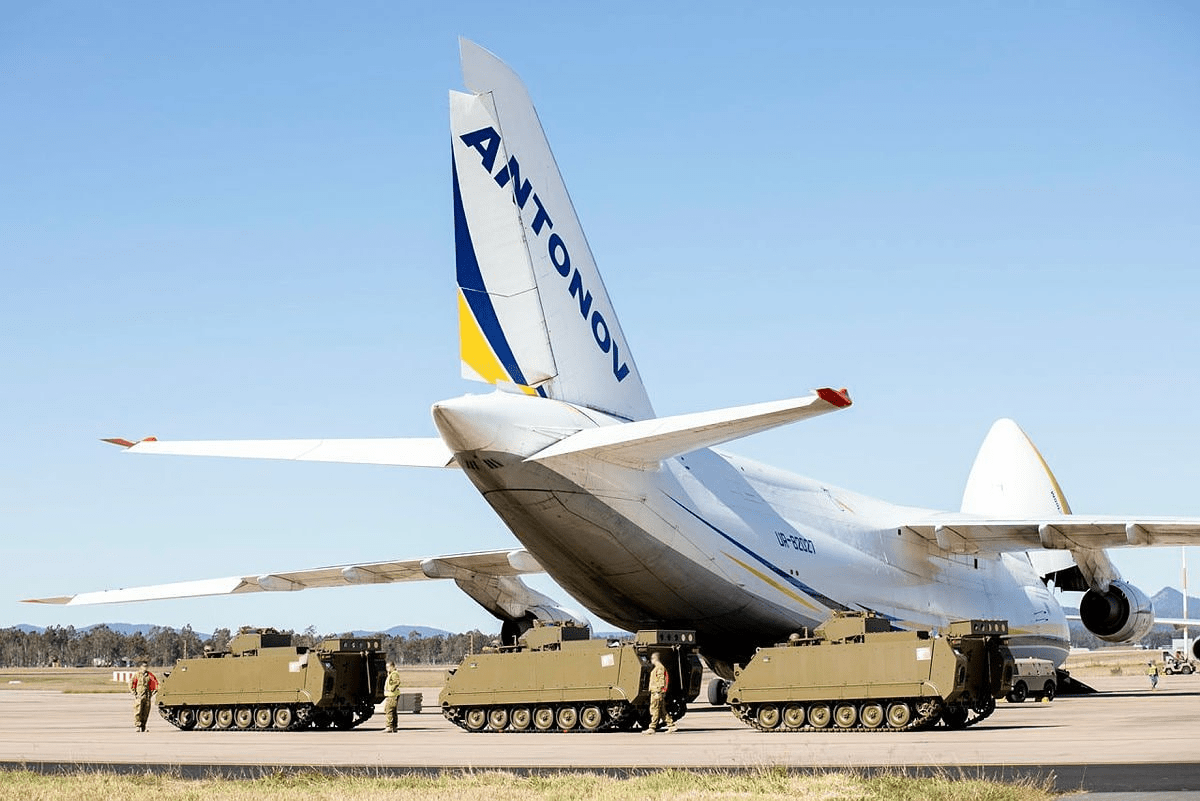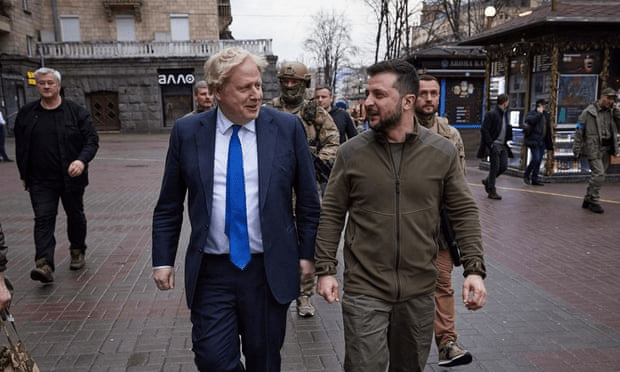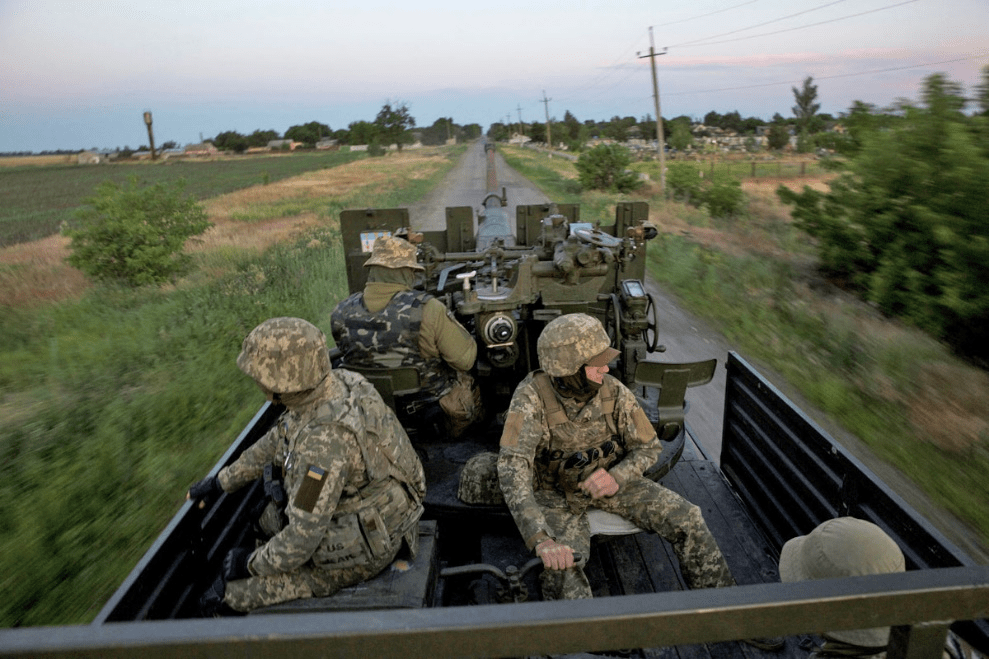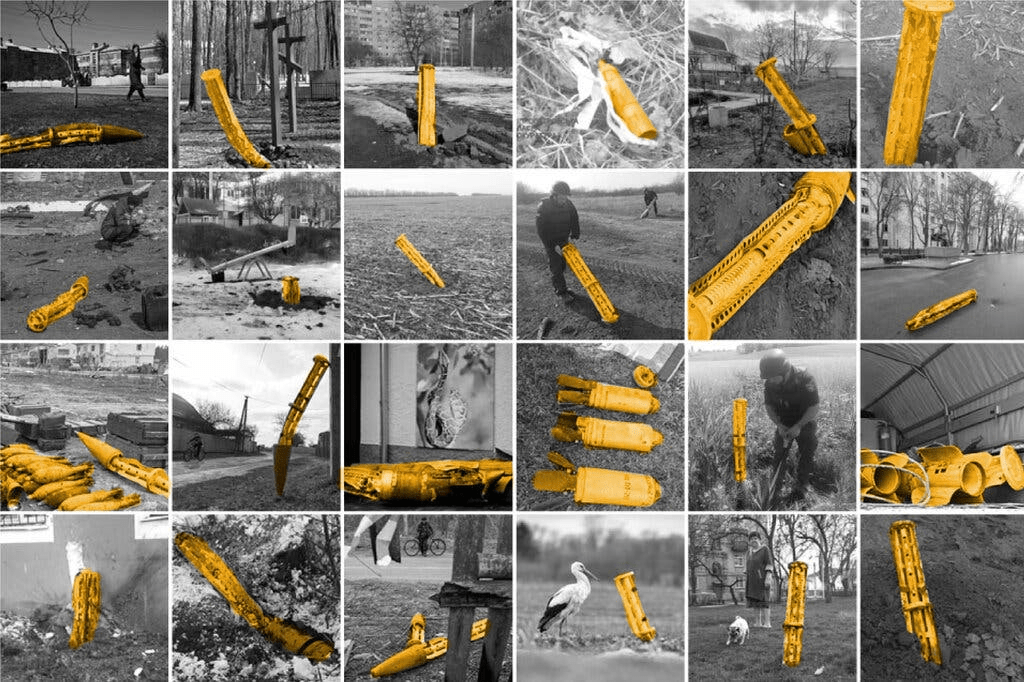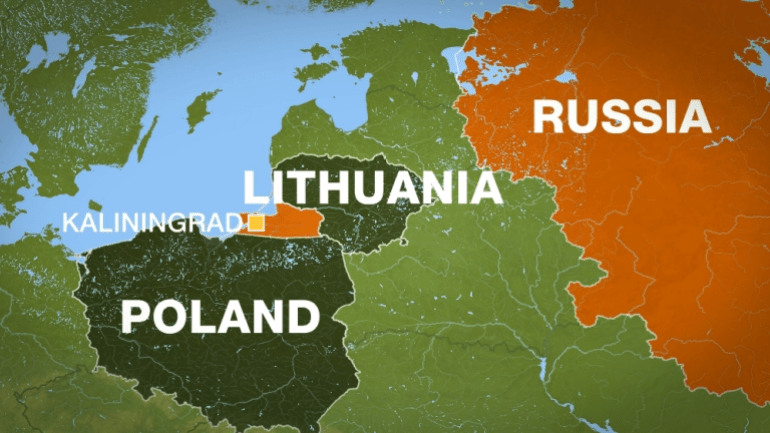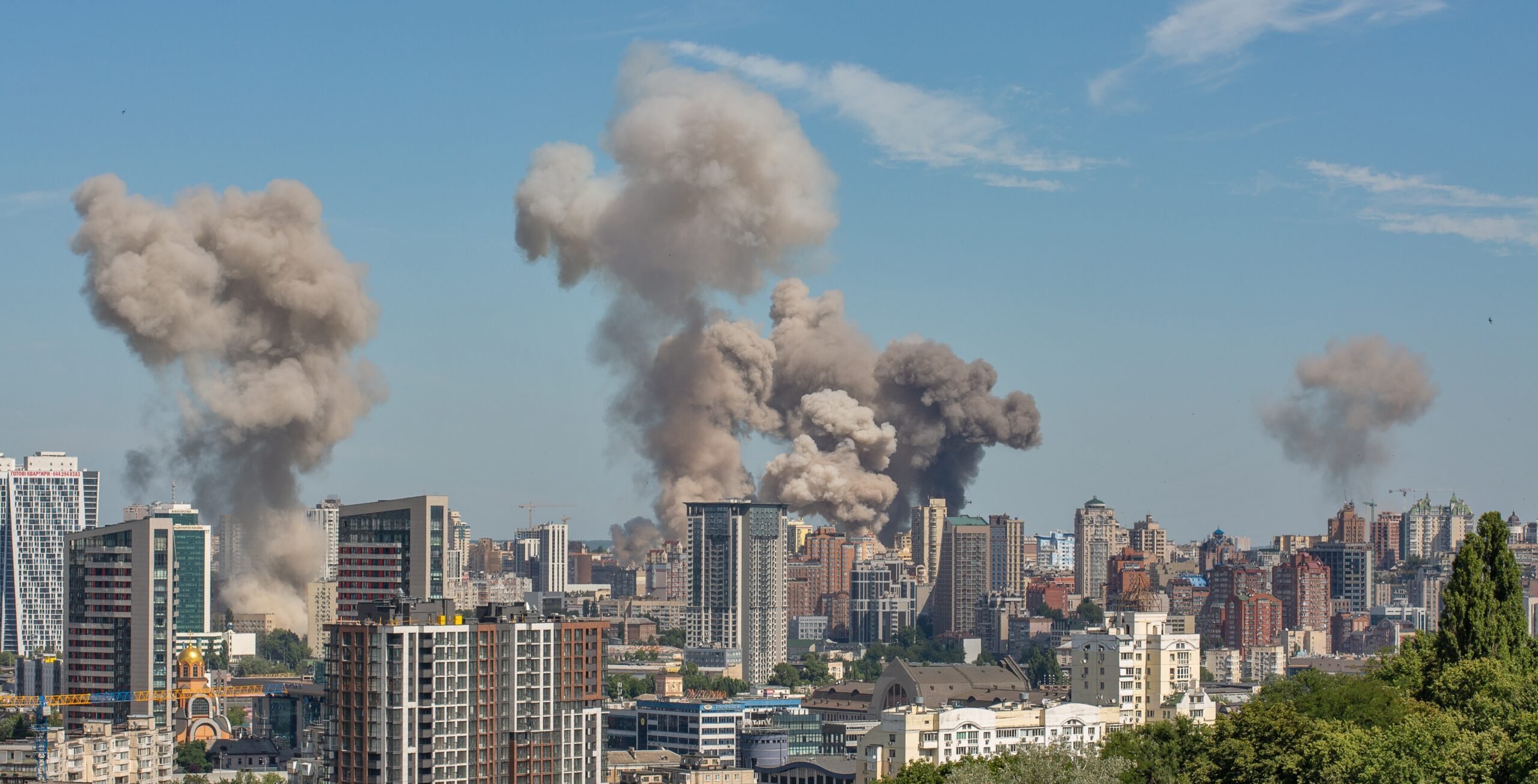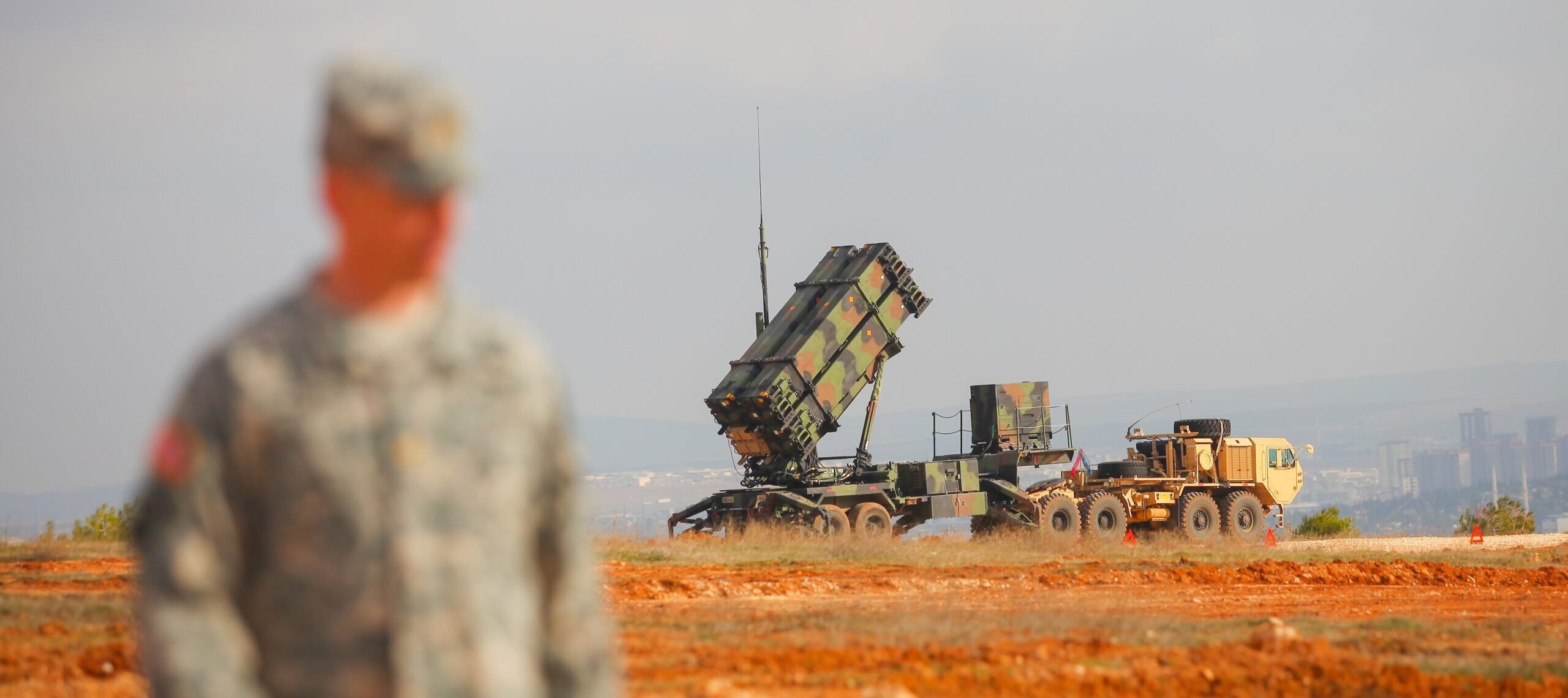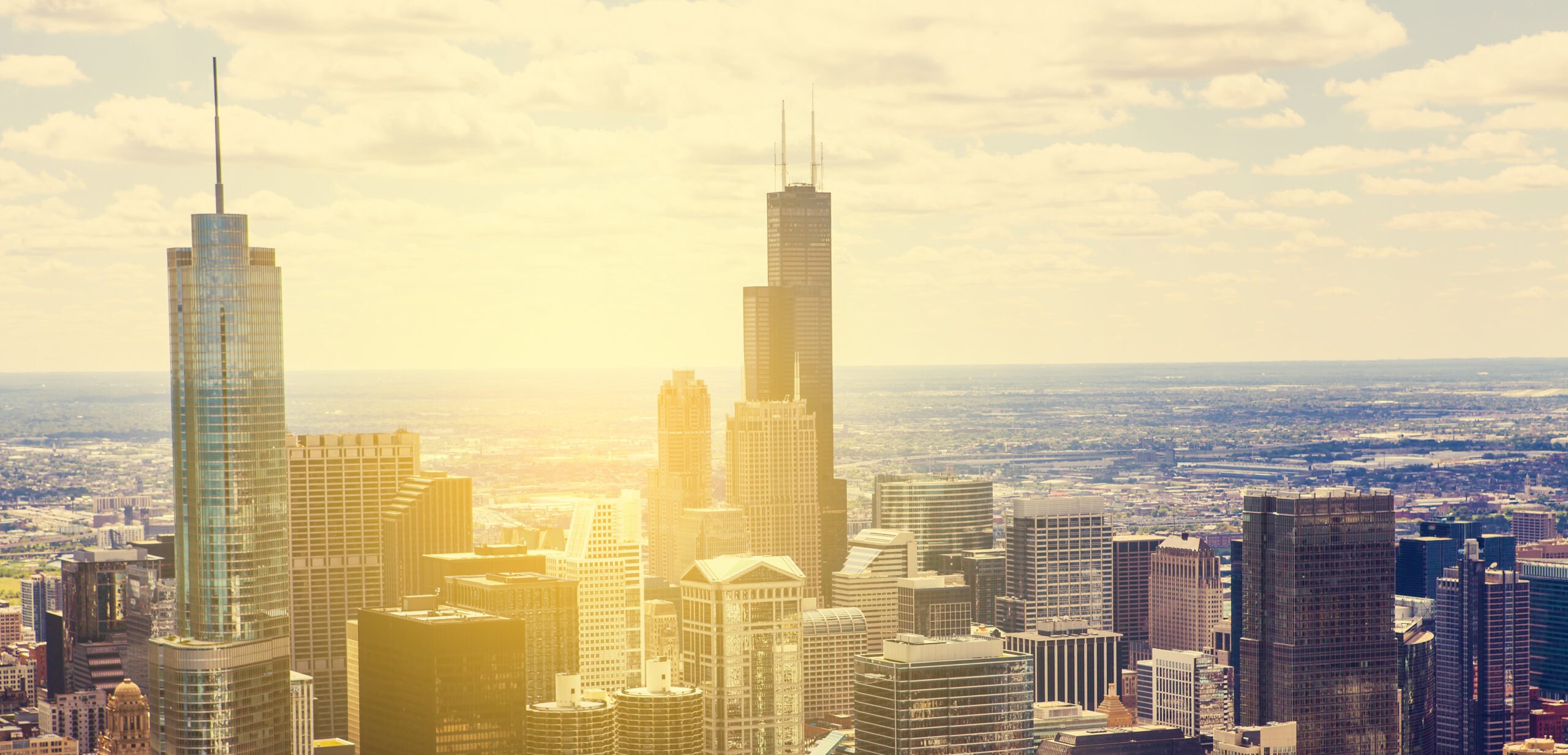Above: Map shows Russian-occupied territory in eastern Ukraine as of February 24, 2022, and today. Map via BBC
- Volunteers mobilized over the weekend to evacuate residents of Lysychansk as enemy forces pushed slowly forward. Ukrainian forces have partially retreated in Severodonetsk and hold only a small part of the city including the Azot chemical factory. Surrounded on three sides, the world awaits what is probably an inevitable retreat of Ukrainian forces.
- Ukrainian forces have chosen to confront the enemy in Severodonetsk in order to drain and exhaust enemy resources despite taking high casualties. “If we would move, they would move,” according to former Ukrainian Defense Minister Andriy Zagorodnyuk. “We would have to meet them somewhere. It’s not like Putin wanted just Severodonetsk. They will keep going until they are stopped.”
Above: Under a clear blue Aussie sky, Australian M113AS4 armored personnel carriers being loaded onto Ukrainian AN-124 aircraft. Photo via MilitaryLand.net
- Italian Foreign Minister Luigi Di Maio called out political forces undermining government efforts to arm Ukraine. There’s an important parliamentary vote on Tuesday on Ukraine support and legislators will vote whether to send more weapons now.
Above: UK PM Boris Johnson strolls down Khreshchatyk street with President Zelensky on Sunday. Photo via The Guardian
- President Zelensky warned that Russia will escalate bombing and artillery in retalization for the European Commission’s recommendation for EU candidacy status and that Europe should be prepared for strikes outside of Ukraine.
- NATO General-Secretary Jens Stoltenberg warned the world to brace for an extended conflict that could last for years and cautioned against Western complacency.
- During a surprise visit to Kyiv over the weekend, UK Prime Minister Boris Johnson echoed Mr Stoltenberg, urging the West to increase the pipeline of heavy weaponry as soon as possible. UK’s new Defense Minister Sir Patrick Sanders stated the UK’s armed forces must prepare to take on Russia in a land war and that NATO allies must be capable of beating Russia.
Above: Ukrainians are dying to defend European values. They should be on the road to full EU integration. Photo via Rediff
- In the recommendation for candidate status by the European Commission on Friday, the commission found that, “Ukraine overall is well advanced in reaching the stability of institutions guaranteeing democracy, the rule of law, human rights and respect for and protection of minorities; has continued its strong macro-economic record, demonstrating a noteworthy resilience with macroeconomic and financial stability.” The commission’s recommendation is contingent upon further progress in structural economic reforms.
- The Kremlin despot Putin shrugged the EU off as a trifling economic union of no concern, while other propaganda mouthpieces spouted that the move was concerning and must be monitored carefully.
Above: A montage of colorized photos of Russian weapons examined by New York Times reporters confirms that the invader is clearing out WW2-era stocks. Photo via NYT
- The New York Times examined more than a thousand pictures taken by its own and other photojournalists and official Ukrainian sources to identify more than 2,000 munitions, over 250 of which are banned by international treaties. “Reflecting a shockingly barbaric and old-fashioned wartime strategy, Russian forces have pummeled Ukrainian cities and towns with a barrage of rockets and other munitions, most of which can be considered relatively crude relics of the Cold War,” concluded the article, “…forming the backbone of [Russia’s] strategy for war since the beginning of the invasion.”
Above: Kaliningrad is a Moscow military outpost, home of the Russian Baltic Sea Fleet. As a vulnerable enclave surrounded by NATO countries, it has been called a thorn in Russia’s empirical side. Ma via Aljazeera
- Germany and Austria are taking measures to reduce Rusian fossil fuel consumption by restarting coal-fired power plants. Earlier last week, Russia reduced the flow of gas in the Nord Stream I pipeline in order to drive up prices and damage European economies.
- For decades several European countries including Germany, Italy, Austria and the Czech Republic have increased dependency on Russian fuel imports. “It’s obviously Putin’s strategy to make us insecure, to drive up prices and divide us,” said Green Party member and German Economics Minister Robert Habeck. “We will not allow that to happen. We will defend ourselves resolutely, precisely and thoughtfully.”
- Several countries are discussing measures to limit imports to Kaliningrad. Lithuania is moving aggressively to shut down road and railroad transits for EU sanctioned goods including coal, metals, construction materials, and advanced technology. Kremlin dissident and former billionaire in exile Mikhail Khordorskovsky suggested that this may cause Russia to blockade Lithuanian airspace, raising quite a dilemma for NATO.
